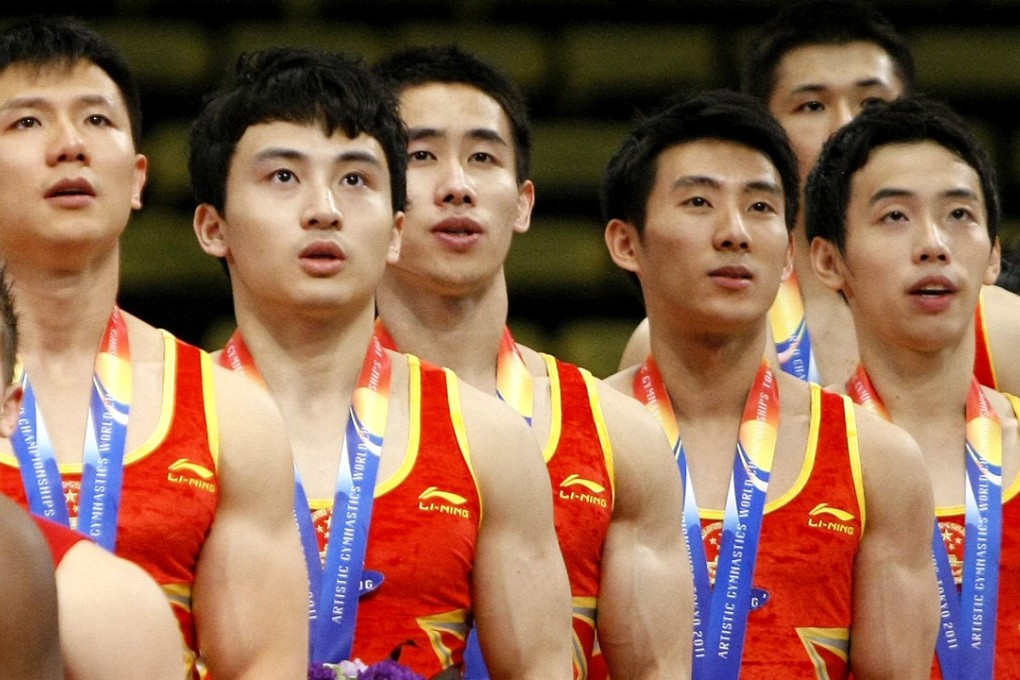Hong Kong could apply national anthem law retrospectively, but should it?
Richard Cullen says precedents in the UK and Australia clearly show retroactive criminal law is accepted within the common law system, but preferably in ‘exceptional’ circumstances. The test for Hong Kong will be to show such conditions exist

Various claims made by certain lawyers and lawyer-politicians in essence argue that retroactive laws – or retrospective laws – do not exist within the criminal laws of the common law system. It follows from this, it is said, that the national anthem law (which will apply some level of criminal sanctions to any breaches) cannot be made to apply retroactively. Unfortunately, these claims are simply wrong. The highest courts in the UK and Australia, for example, have each given the green light to retroactive criminal laws.
Hong Kong soccer fans boo the national anthem
Carrie Lam urges Hongkongers not to be ‘overly sensitive’ about new national anthem law
In 1961, in Shaw vs Director of Public Prosecutions, the House of Lords in a unanimous decision confirmed the retroactive conviction of Shaw for the criminal offence of conspiracy to corrupt public morals. In 1933, in R vs Manley, the UK Court of Appeal also confirmed the retroactive application of criminal law. An important article in the Criminal Law Journal in 1989 stated that: “Both Manley and Shaw were found guilty of having committed crimes that were not recognised as such when they committed the acts in question.”
What will China’s national anthem law mean for Hong Kong?
In Australia, the High Court first found in favour of the retroactive application of the Commonwealth Crimes Act in 1915, in the case of R vs Kidman. This decision was unsuccessfully challenged in 1991 in Polyukchovich vs The Commonwealth. In the latter case, the High Court confirmed the validity of the Commonwealth War Crimes Amendment Act of 1988, which created new crimes that could be prosecuted more than 40 years after the relevant, previously non-criminal (in Australia), acts had been committed.
In the 1980s, the federal government in Australia passed tax laws which applied penal sanctions to certain organised, prior tax evasion activities, thought to be not caught under the existing criminal law. These laws had retroactive impact both in terms of sending convicted people to prison and collecting back taxes which may not otherwise have been payable. Several other examples of judge-made retroactive criminal law in England exist, dating back to the 17th century.
Does respect for China’s national anthem have to be mandated by law in Hong Kong?
For these reasons, if the new national anthem law were to be applied retroactively in Hong Kong, this would be broadly consistent with long-standing practice within the common law system.
Does the proposed national anthem law present exceptional circumstances that could justify retroactive action?